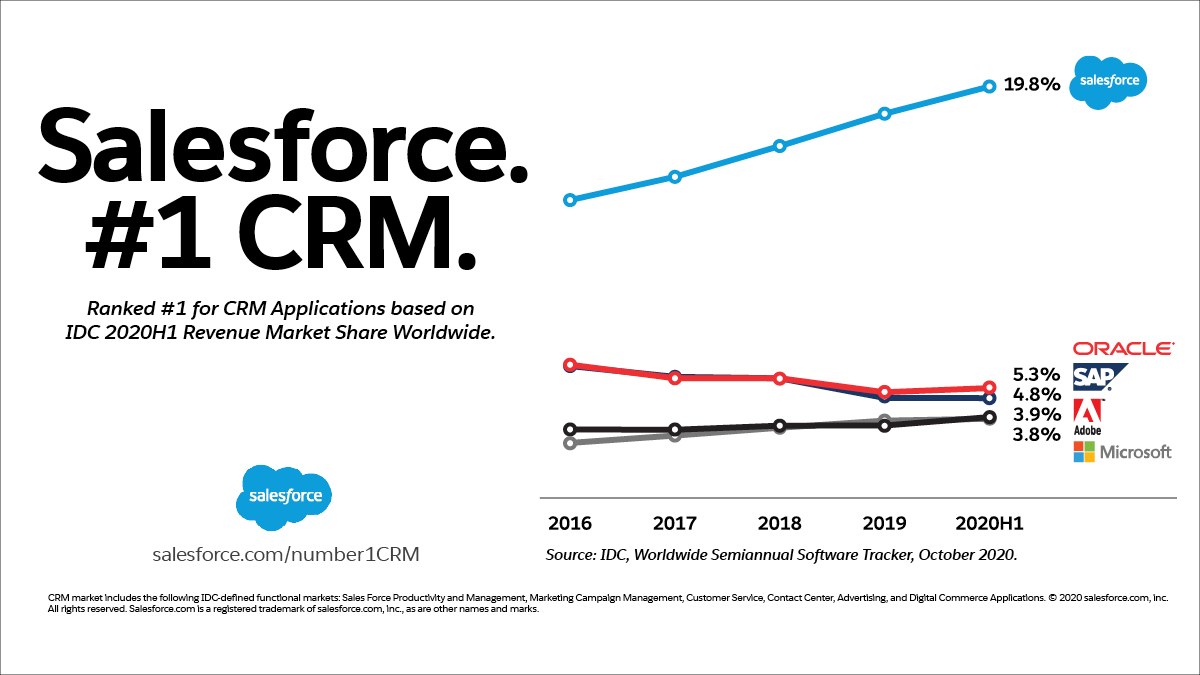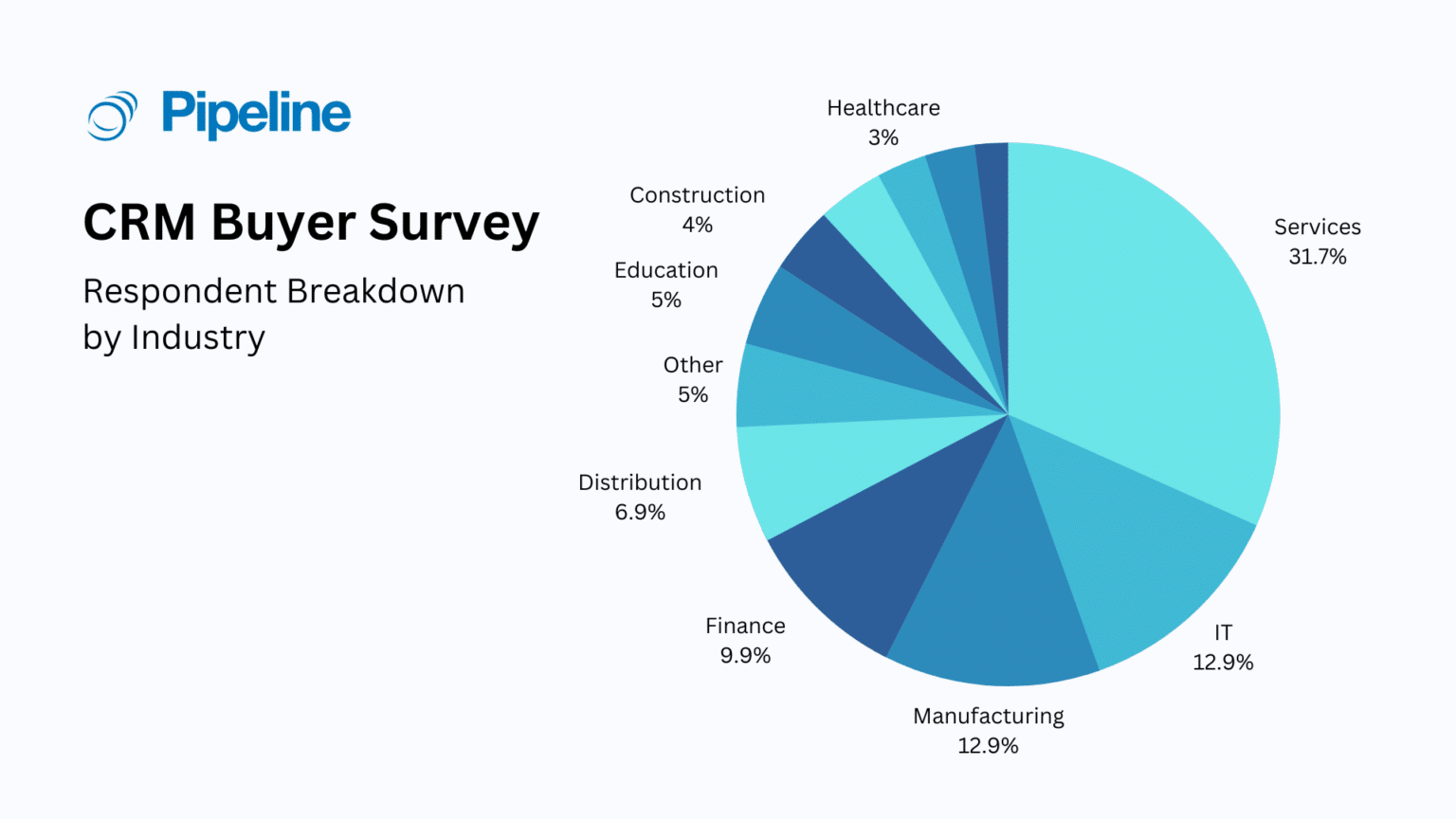Unlocking the Power of CRM Sharing: Enhancing Collaboration and Productivity
"In today's fast-paced business world, the sharing of CRM data has become a vital ingredient for success. By seamlessly integrating CRM systems across teams, companies can foster collaboration, boost productivity, and gain a competitive edge in the market."
Introduction to CRM Sharing

CRM sharing involves the practice of sharing customer relationship management data among different teams within a business organization. This sharing of information plays a crucial role in improving collaboration and boosting productivity in various business operations.
Significance of CRM Sharing
Sharing CRM data among teams allows for a more cohesive approach to customer interactions and management. By having access to the same information, teams can work together more efficiently, leading to enhanced customer service and satisfaction.
- Increased Collaboration: When different departments have access to the same CRM data, they can collaborate more effectively on tasks and projects, leading to improved decision-making and problem-solving.
- Enhanced Productivity: By eliminating silos and sharing information, teams can streamline processes, reduce duplication of efforts, and ultimately increase productivity.
- Improved Customer Insights: Sharing CRM data enables teams to have a comprehensive view of customer interactions, preferences, and behavior, allowing for more personalized and targeted marketing strategies.
Examples of Businesses Benefitting from CRM Sharing
Various industries and businesses can benefit from sharing CRM systems to optimize their operations and improve overall performance. Some examples include:
- Insurance Companies: By sharing CRM data among different departments such as sales, customer service, and claims processing, insurance companies can provide a seamless experience to their policyholders and improve retention rates.
- Retailers: Retail businesses can benefit from sharing CRM data to track customer preferences, purchase history, and feedback across various touchpoints, enabling them to offer personalized shopping experiences and targeted promotions.
- Technology Companies: Sharing CRM data among sales, marketing, and product development teams in technology companies can help in aligning strategies, improving lead generation, and enhancing customer satisfaction through timely support and service.
Methods of Sharing CRM Data
When it comes to sharing CRM data, there are various methods available, each with its own set of pros and cons. These methods include cloud-based platforms, integrations, and APIs. Let's explore the differences and best practices for secure CRM data sharing strategies.
Cloud-based Platforms
Cloud-based platforms offer convenient access to CRM data from anywhere with an internet connection. Users can easily collaborate and share information in real-time. However, there may be concerns about data security and privacy when storing sensitive information in the cloud.
It is crucial to choose a reputable provider with robust security measures in place to protect your data.
Integrations
Integrations allow CRM data to be shared seamlessly with other applications and tools used within an organization. This can streamline workflows and improve efficiency by eliminating the need for manual data entry. However, ensuring compatibility between systems and maintaining data integrity can be challenging.
It is important to carefully vet integration providers and regularly monitor data flows to prevent any issues.
APIs
APIs (Application Programming Interfaces) provide a way for different software applications to communicate and share data. They offer flexibility and customization options for sharing CRM data with specific third-party applications or services. However, working with APIs requires technical expertise and ongoing maintenance to ensure data accuracy and security.
It is essential to follow best practices for API usage and implement proper authentication mechanisms to prevent unauthorized access.In conclusion, choosing the right method for sharing CRM data depends on factors such as security requirements, accessibility needs, and technical capabilities.
By implementing secure practices and carefully evaluating the pros and cons of each method, organizations can effectively share CRM data while protecting sensitive information
Benefits of Sharing CRM Across Departments

Sharing CRM data across departments like sales, marketing, and customer service brings numerous benefits to enhance customer interactions and improve overall business operations.
Unified View of Customers and Improved Collaboration
When CRM data is shared across different departments, all teams have access to a unified view of customers. This allows for a more personalized and seamless customer experience, as each department can see the customer's interactions and preferences. Additionally, shared CRM data promotes cross-functional collaboration, as teams can work together more efficiently to address customer needs and concerns.
Cost Savings and Revenue Growth
By sharing CRM data, organizations can achieve significant cost savings and revenue growth. For example, when sales and marketing teams have access to the same customer information, they can coordinate their efforts more effectively, leading to increased sales and higher customer retention rates.
Moreover, shared CRM data can help identify cross-selling and upselling opportunities, resulting in additional revenue streams for the business.
Challenges and Solutions in CRM Data Sharing
Data sharing in CRM systems can present various challenges that organizations need to address in order to ensure smooth operations and effective collaboration across departments. Some common challenges include:
Data Silos
Data silos occur when information is stored in isolated systems or departments, making it difficult to share and access data across the organization. This can lead to inefficiencies, duplication of efforts, and inconsistencies in customer interactions. To overcome data silos, organizations can implement a centralized CRM system that allows for seamless data sharing and integration between departments.
Privacy Concerns
Privacy concerns are a significant challenge when sharing CRM data, especially with regulations like GDPR in place. Organizations need to ensure that customer data is protected and only accessed by authorized personnel. Implementing strict access controls, encryption methods, and regular audits can help mitigate privacy risks and maintain compliance with data protection laws.
Integration Issues
Integrating CRM systems with other software applications or platforms can be complex and time-consuming, leading to data inconsistencies and errors. To address integration issues, organizations can invest in middleware solutions or APIs that facilitate seamless data exchange between different systems.
Conducting thorough testing and maintenance of integrations can also help prevent data discrepancies and ensure smooth operations.
Data Governance and Compliance
Data governance plays a crucial role in secure CRM data sharing practices by establishing policies, procedures, and controls for managing data quality, security, and compliance. Organizations need to define clear data ownership, establish data quality standards, and enforce data access controls to ensure that CRM data is accurate, secure, and compliant with regulations.
Regular monitoring and auditing of data governance practices can help identify and resolve any issues that may arise in CRM data sharing processes.
Ending Remarks

"As we wrap up our discussion on CRM sharing, it is clear that the benefits are immense. From improved customer interactions to streamlined operations, the impact of shared CRM systems is undeniable. Embracing this collaborative approach can lead to long-term success and growth for businesses of all sizes."
FAQ
"How does sharing CRM data benefit businesses?"
"Sharing CRM data enhances collaboration among teams, boosts productivity, and provides a unified view of customers, leading to improved customer interactions and operational efficiency."
"What are some common challenges in CRM data sharing?"
"Common challenges include data silos, privacy concerns, and integration issues. These can be overcome through effective solutions and strategies such as data governance and compliance."